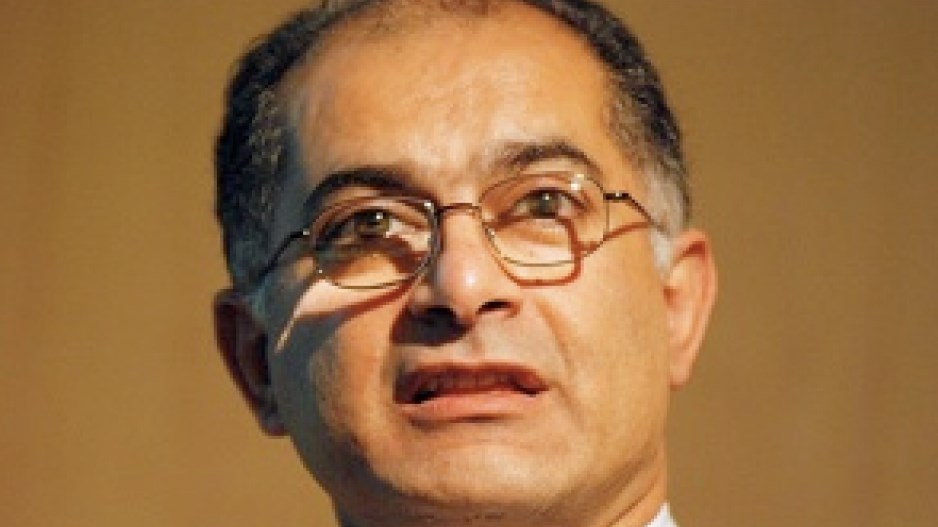For British Columbia to truly prosper in its looming liquefied natural gas boom, the province should become a partner in the process rather than simply playing the role of tax collector, according to a professor at the University of British Columbia (UBC).
At a UBC panel discussion on November 28 – “Is B.C.’s Proposed Natural Gas Development Sustainable” – Hadi Dowlatabadi, a professor at UBC’s institute for resources, environment and sustainability and a Canada research chair in mathematics, said that B.C. risks losing money from natural gas development because it is not invested in the companies extracting and exporting the gas.
B.C. does collect royalties from the firms drilling for natural gas in the northeast of the province, and it will eventually collect the oft-discussed but-not-yet-revealed tax on exports of LNG, but Dowlatabadi believes that having a stake in the process will yield better returns for the province.
Dowlatabadi cited the creation of the Organization of the Petroleum Exporting Countries (OPEC), a 12-country group that possesses much of the world’s oil reserves and works to ensure a desirable price for its members, as an example “that countries have learned not to give away their resources.”
“If we had a 50/50 stake, then if the company does well, the province does well,” Dowlatabadi said.
“But if all we’re doing is collecting royalties, then that money will be based on a fraction of profit from a company. And what is that? Unless I’m inside a company, I can’t trust a company’s books.”
Kathryn Harrison, a professor of political science at UBC and another panel member, agreed with Dowlatabadi. The economic framework of LNG exports in B.C., in particular the potential risks, need to be discussed before export facilities begin shipping LNG.
“We are being promised a marvelous economic vision, but do we understand the economic risks involved?” asked Harrison.
“We are hearing remarkably little from the government about that.”
Dowlatabadi also stressed the need to stagger the construction of LNG plants. If too many LNG export facilities are built at the same time, B.C. runs the risk of not having the workforce needed to complete the construction.
None of the proponents of potential LNG facilities have made a final investment decision. But, because large-scale projects such as Petronas’ Pacific NorthWest LNG in Prince Rupert or Shell’s LNG Canada in Kitimat would take about five years to build, even if the companies’ final investment decisions came within a year of each other, that would represent a significant overlap in construction periods and a significant increase in concurrent construction jobs.
“We want to make sure that it is engineered by us. We could develop value-added jobs as well – we could even have our own petrochemical industry,” Dowlatabadi said.
“That gas isn’t going anywhere. But if we don’t have the people available, then every other project suffers because if it.”
Too many plants beginning exporting at once will result in too much natural gas in the market, thereby dropping prices, Dowlatabadi added. B.C. is already competing in the LNG game with other countries such as Australia and Qatar. And Iran, which posseses the world’s second largest reserves of natural gas, will eventually begin to export its gas as well, Dowlatabadi said.
“When Iran comes online, and they will, prices will drop,” Dowlatabadi said.




